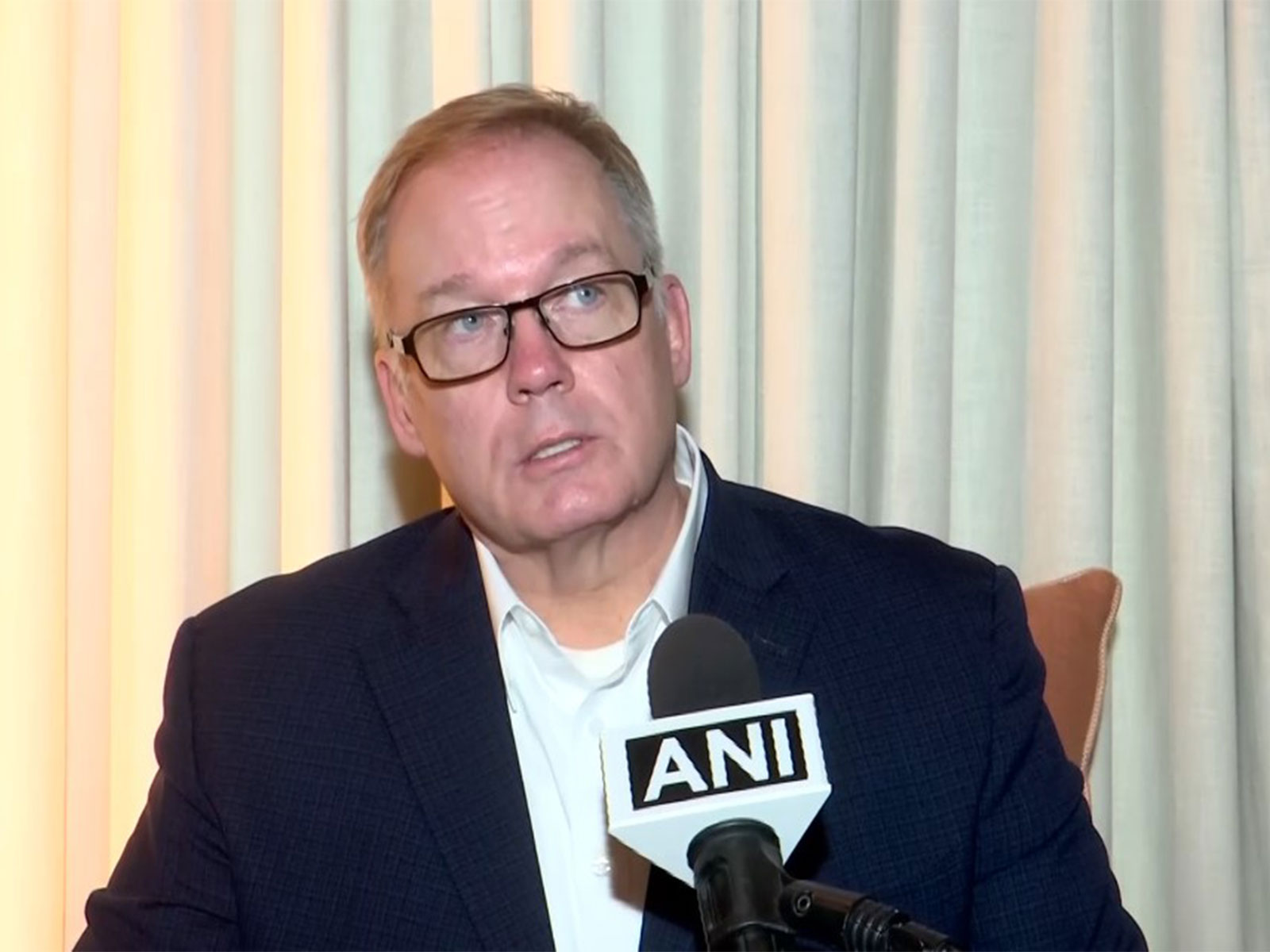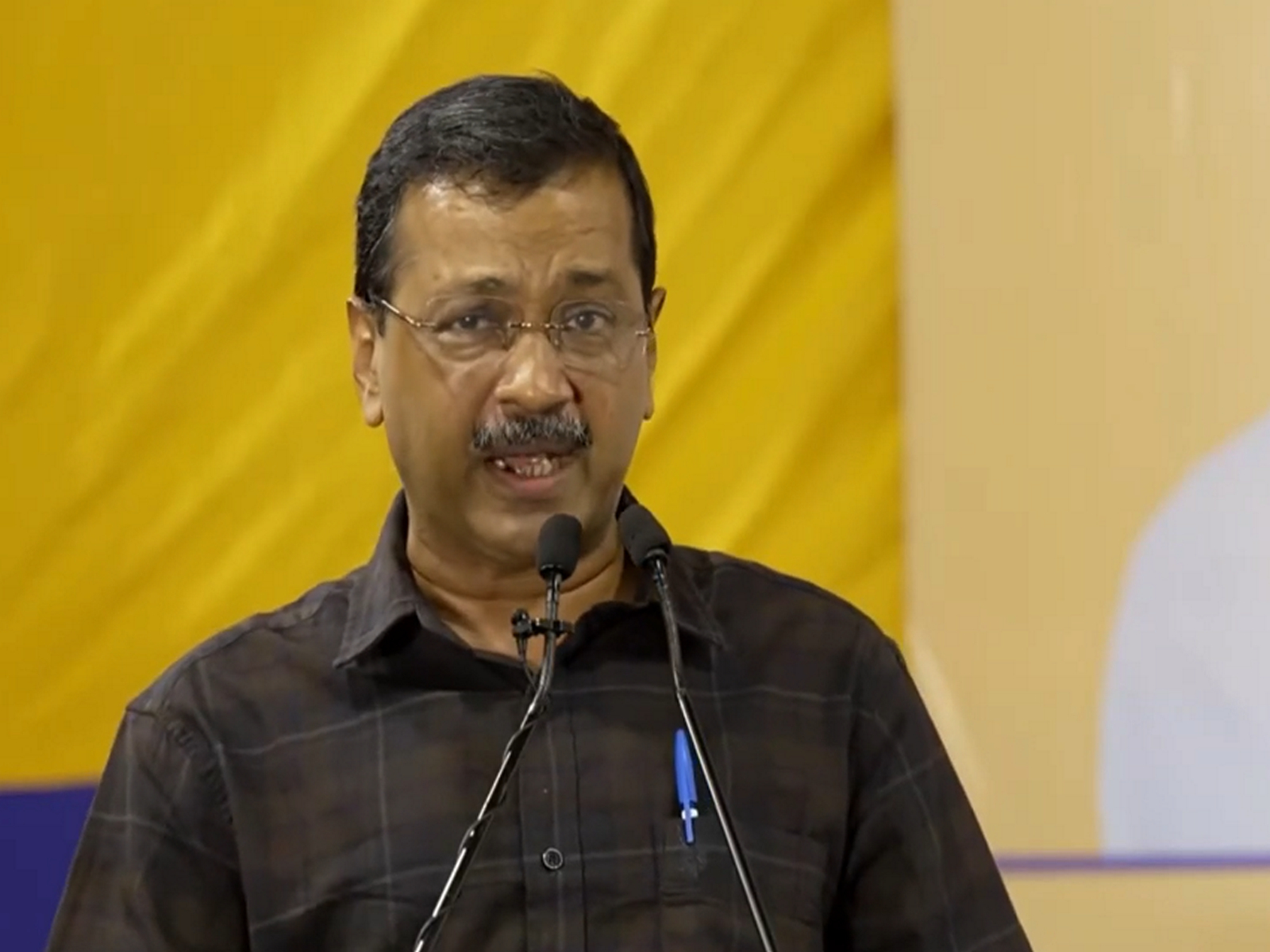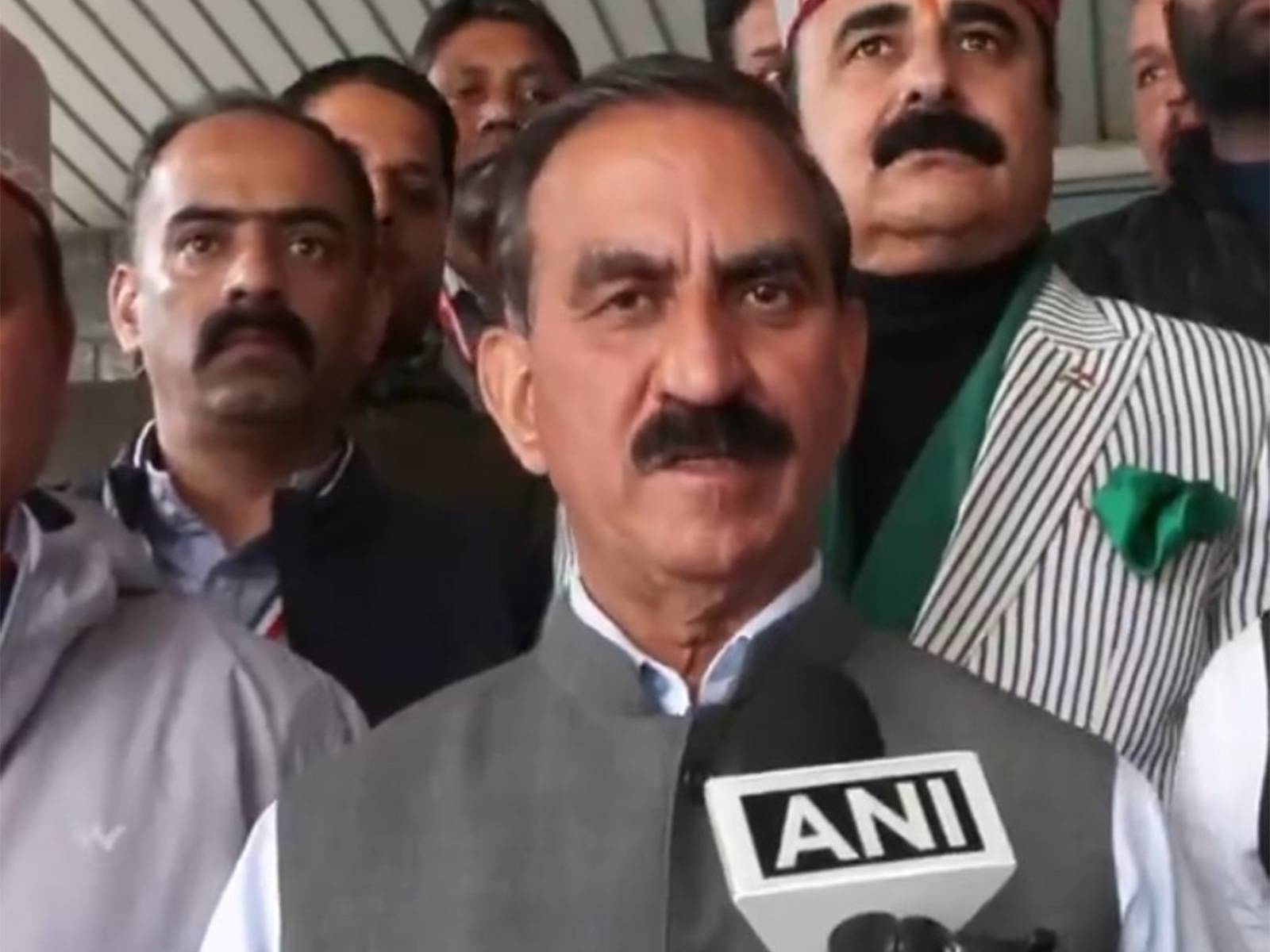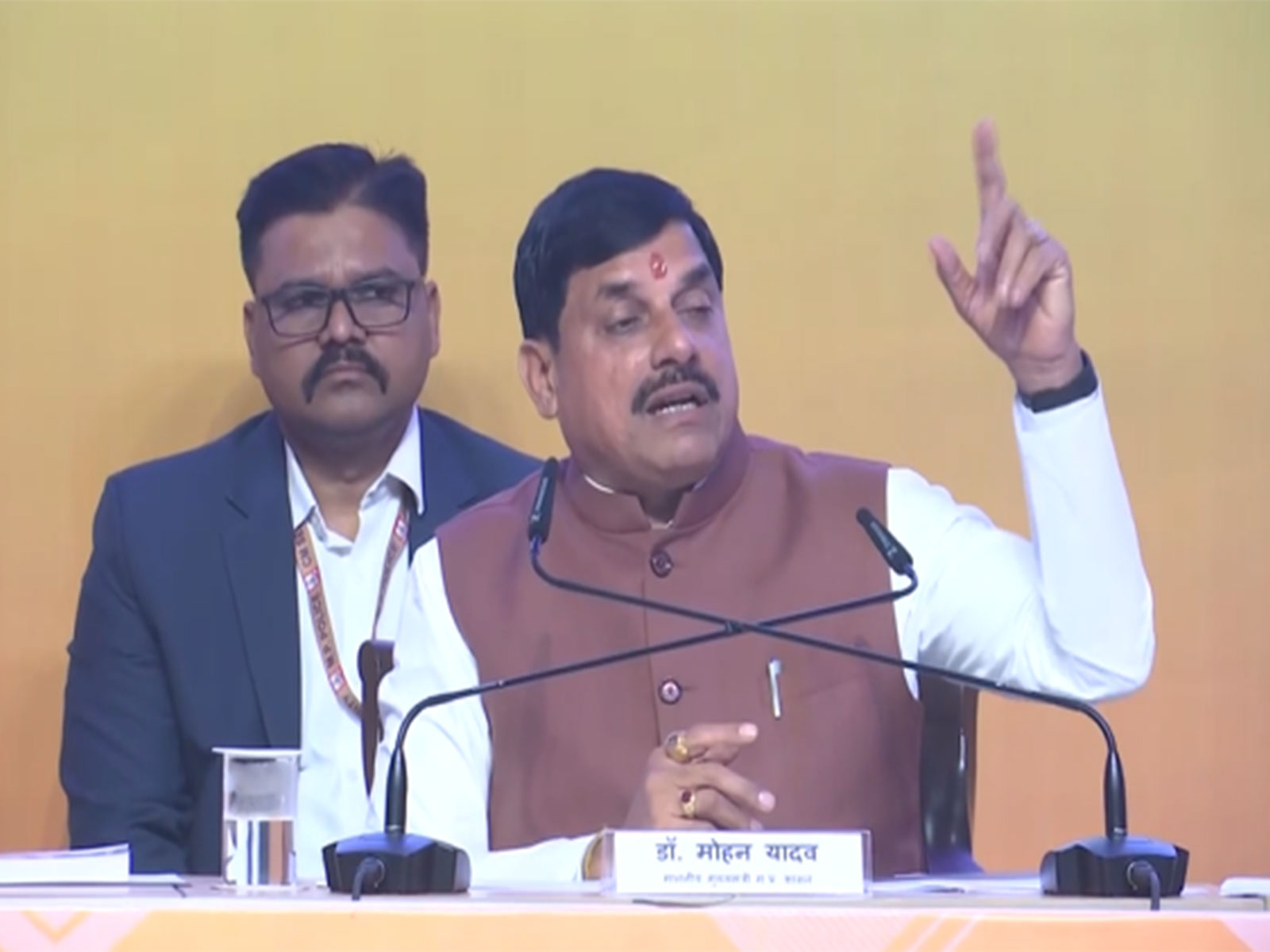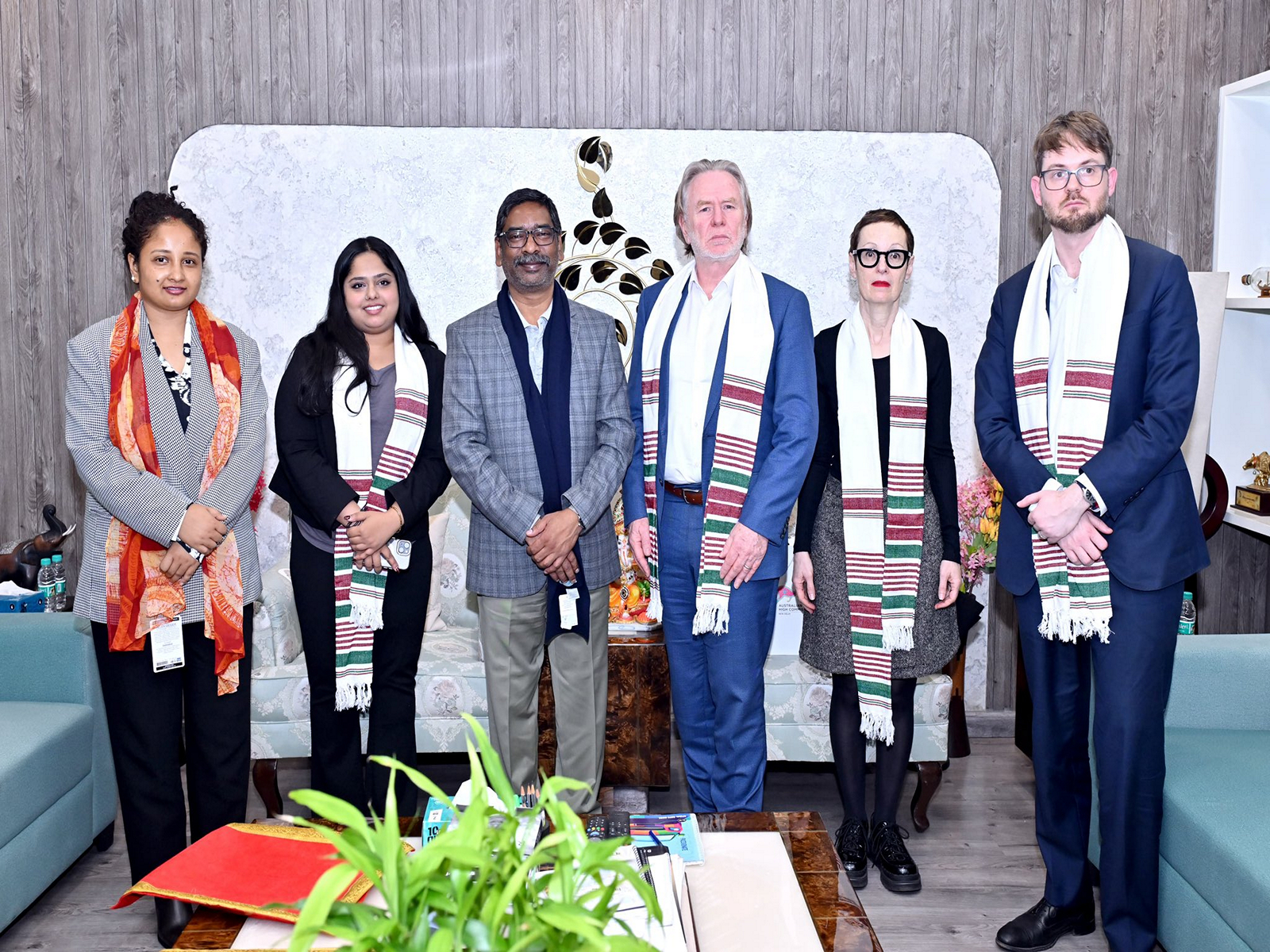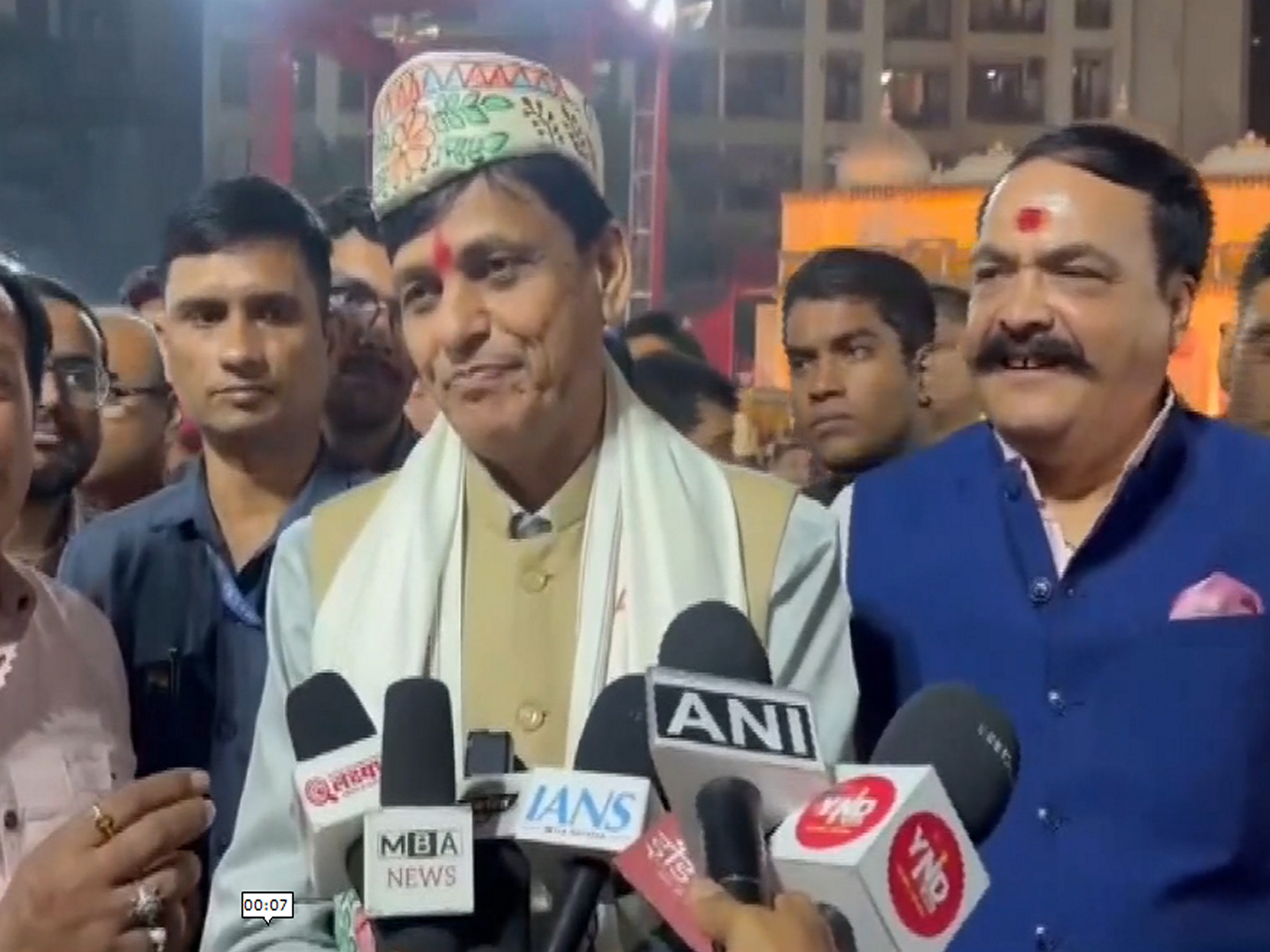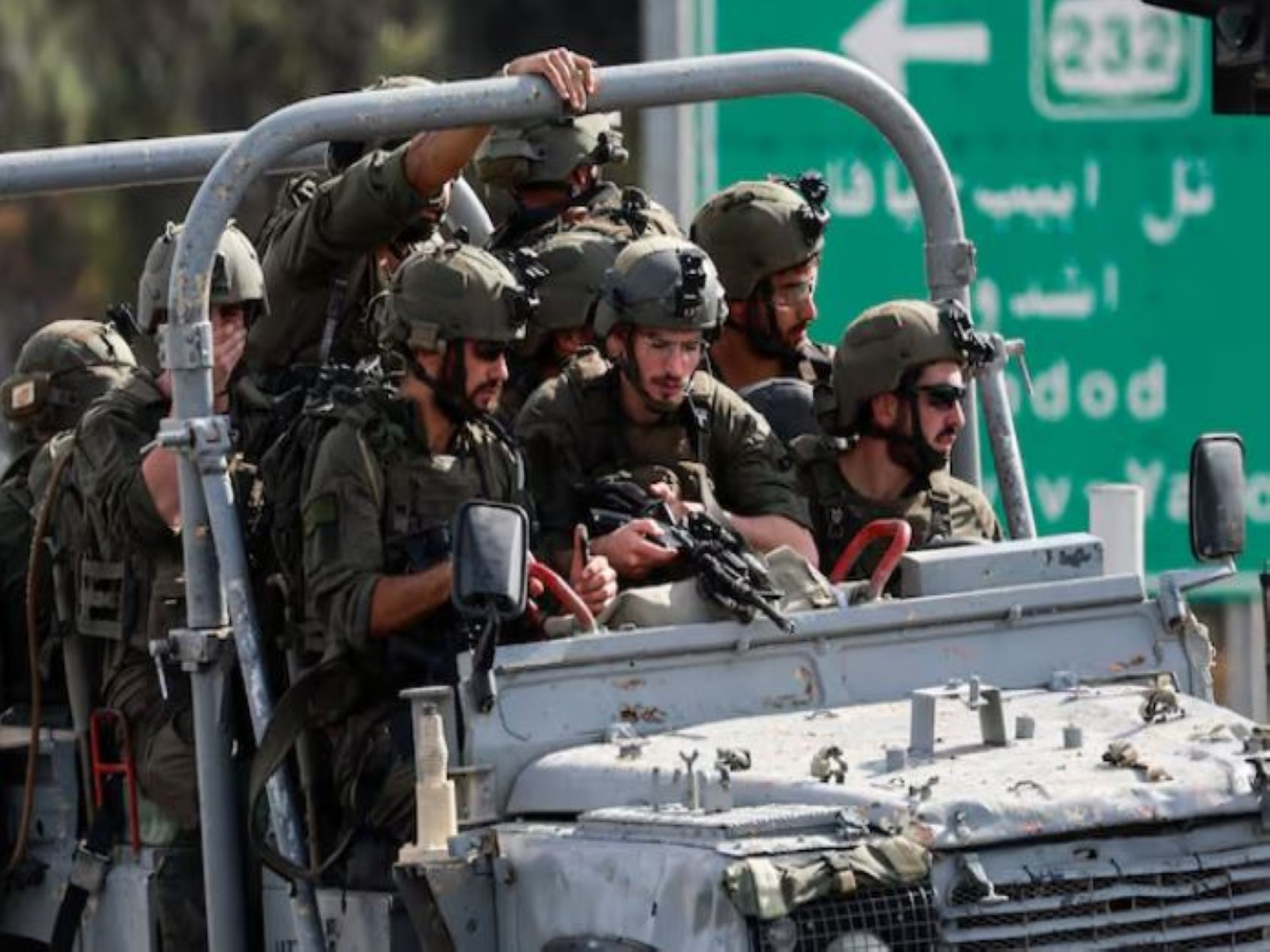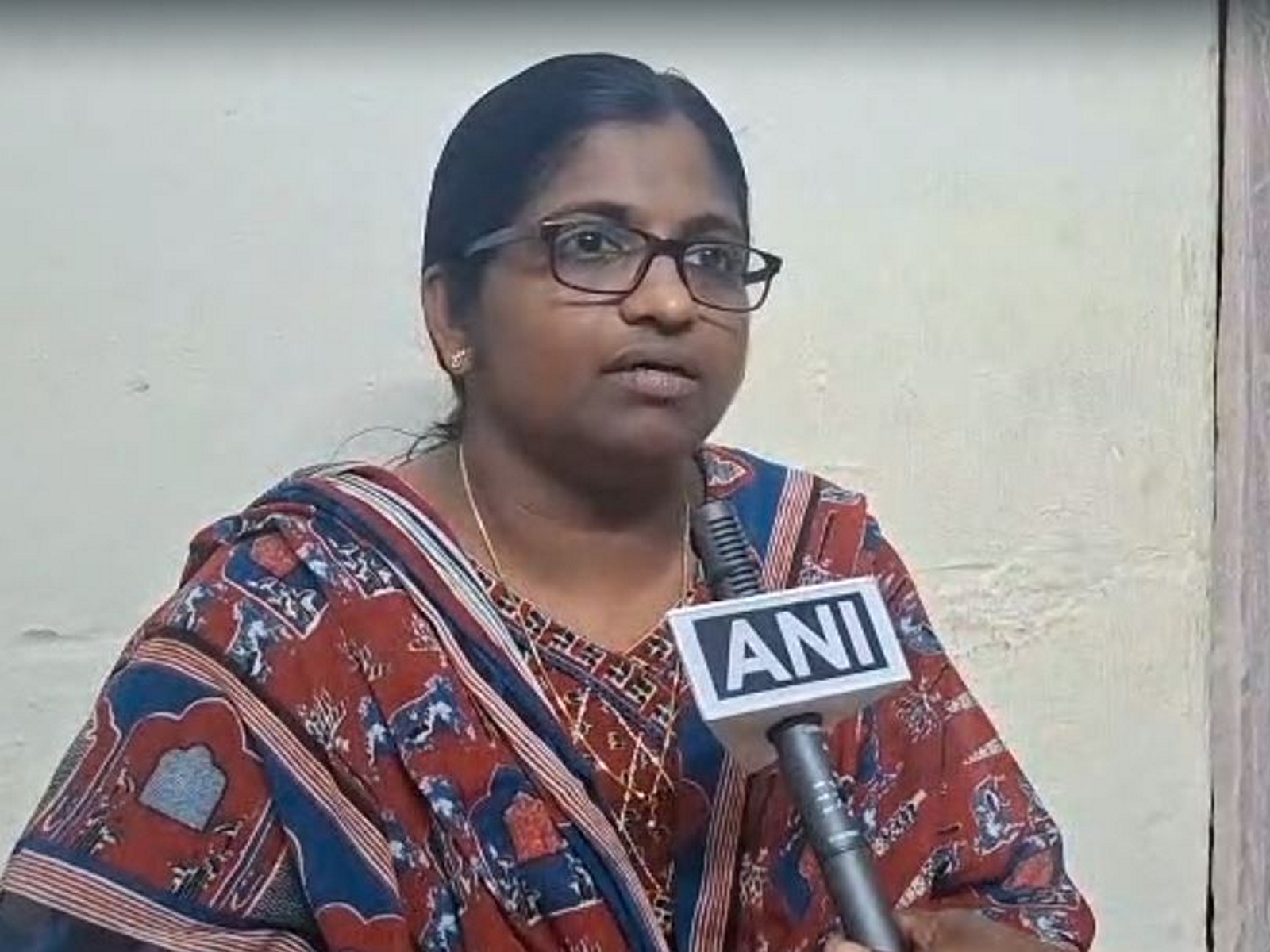SC: Water sharing complex issue, directs Yamuna Board to decide Delhi Govt plea for more water
Jun 13, 2024

New Delhi [India], June 13 : The Supreme Court said on Thursday that the issue of sharing Yamuna River water between states is complex and sensitive and this court does not have the expertise and left the matter to the Upper Yamuna River Board (UYRB) to decide on Delhi's demand for additional water amid an ongoing water crisis.
A vacation bench of Justice Prashant Kumar Mishra, Justice Prasanna B Varale directed the UYRB to convene a meeting tomorrow with all parties and take a decision expeditiously on the matter.
"The issue concerning the sharing of Yamuna water between states is a complex and sensitive issue, and this Court does not have the expertise, even on an emergent basis," the court said. It added that the issue should be left to be considered by the body constituted with the agreement of parties in the Memorandum of Understanding dated 1994.
The court said that if required, the board can convene on a day-to-day basis. With this direction, the court disposed of the petition filed by the Delhi Government.
The court direction comes after Himachal Pradesh said that matters related to water sharing can be solved by the parties. The other lawyers related to the case also apprised the court that the matter could be decided by the Yamuna Board.
During the hearing, the court warned of contempt proceedings against the Himachal Pradesh government for giving contradictory statements before the court - providing false information on surplus water.
However, the Himachal Pradesh government advocate apologised before the top court and said that they were withdrawing their earlier affidavit. The Himachal government told the SC that it does not have a surplus of 137 cusecs of water and withdrew its earlier statement.
The top court yesterday noted a contradictory statement made by the Himachal Pradesh government before the court relating to the availability of surplus water.
Advocate for Himachal Pradesh informed the SC that it could not convey their point of surplus water properly earlier and that it would correct and withdraw the earlier affidavit. The top court noted that, given the statement made by the Advocate General of Himachal Pradesh, the very basis of the interim order dated June 6 does not survive.
During the hearing, Senior Advocate Abhishek Manu Singhvi and Advocate Shadan Farasat, appearing for the Delhi government, took the court through the various aspects related to the water crisis in the national capital and how the authorities are solving it.
The Delhi Government lawyers informed the top court that thousands of tankers were available in Delhi. On the issue of tanker mafias, the Delhi government said that the police must take stringent steps against the tanker mafia and that the government will assist the police in controlling this activity. The lawyer also told the court that such activities happened at the border.
The Delhi Government, in a fresh affidavit, informed the apex court that the tanker mafia is operational on the Haryana side of the Yamuna River and the AAP government lacks jurisdiction to act against the same.
It is for Haryana to explain what steps it is taking to preserve the full supply of water to Delhi between the point of release and the point of receipt, the affidavit mentioned.
"To reduce the water losses, the DJB spent around Rs 500 crore on constructing the CLC. The CLC helps reduce losses from 30 per cent in the river course to 5 per cent, resulting in savings of about 25 per cent of water," it further said.
Senior Advocate AM Singhvi, appearing for the Delhi government, submitted that non-revenue water is defined as the difference between the volume of water introduced in the distribution system and the volume of water that is billed to its end-users.
He mentioned various cities in India that are grappling with the problem of high NRW and various Delhi Jal Board (DJB) plans to enhance district-metered areas in various areas. He said various DMAs have been constructed in-house, which will analyse the data to reduce NRW. DMA works in Malviya Nagar and Nangloi Water Treatment plant are under execution.
He said that DJB issued an instructional order directing officers to conduct daily inspections in their zones to check for wastage/misuse of potable water through the overflow of water tanks, use of water at construction sites, illegal connections, etc.
The Delhi Government said that DJB has mandated the implementation of rainwater harvesting in all buildings with plot sizes of 100 square meters and above and after obtaining a Rainwater Harvesting Adequacy Certificate, a 10 per cent rebate is given on the water bill.
The Delhi Government further said that a special recovery drive was being carried out for the recovery of dues and disconnection of water connections of defaulters with effect from December 14, 2023, and as a result, 2237 connections have been disconnected and an amount of Rs 32.77 crore has been recovered from 3133 consumers till May 31, 2024.
On the previous hearing on June 6, the top court allowed the State of Himachal Pradesh to release 137 cusecs of surplus water available with it and directed the Haryana government to facilitate the flow of the surplus water from Hathnikund barrage to Wazirabad uninterruptedly to Delhi to mitigate the drinking water crisis in the national capital.
It had asked Himachal Pradesh to release surplus water on June 7 with prior intimation to Haryana. It had also asked the Upper Yamuna River Board (UYRB) to measure water released by Himachal Pradesh at Hathnikund in Haryana.
Amid the water shortage in the national capital, the Delhi government approached the Supreme Court to get immediate additional water. The Himachal government had agreed to give surplus water to Delhi.
The plea further said that it is constrained to file the petition on account of the acute shortage of water being faced by the people of Delhi, triggered by the ongoing severe heat conditions in North India, particularly in Delhi.
The record-high temperatures and heatwave in Delhi, which have resulted in maximum temperatures rising to around 50 degrees Celsius at some places, have caused an extraordinary and excessive surge in water demand in the city, the petition said.
As a result, the national capital is dealing with a water shortage, which has led to frequent supply cuts in many parts of the NCT of Delhi, and has disrupted the daily lives of ordinary residents, added the plea.
It further stated, "The Government of the NCT of Delhi has taken all administrative measures to ensure optimisation, rationing and targeted supply of water in the national capital; yet, the shortage of water remains acute and it is clear, by all indicators, that the NCT of Delhi is in dire need of additional water."
It said that to deal with this unanticipated demand in the summer months, the Delhi government has already devised a solution to meet the increased demand for water in the national capital--the State of Himachal Pradesh, has agreed to share its surplus water with Delhi.
"Himachal Pradesh does not share a physical boundary with the NCT of Delhi. Therefore, the excess or surplus water released by Himachal Pradesh has to be transported through the existing water channels and river systems in Haryana and released to Delhi at the Wazirabad barrage. Therefore, Haryana's facilitation and cooperation, which are not being provided as of date, are imperative," the petition stated.
